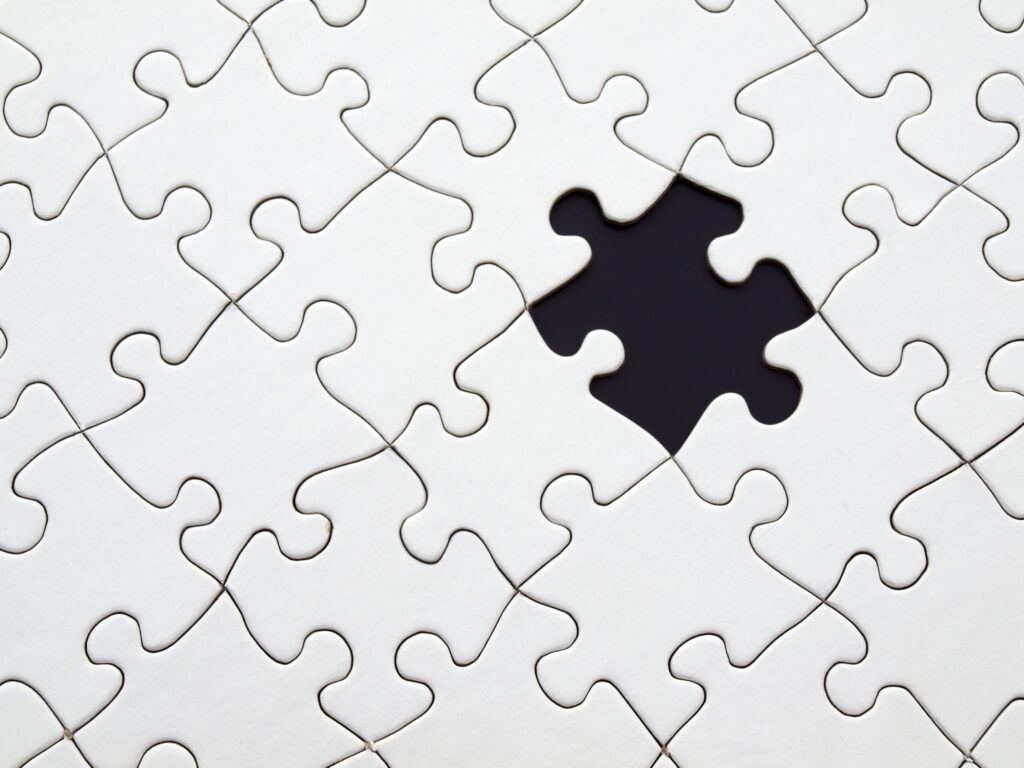
Way back in high school one of my best friends and I entered a state-wide writing contest. I won, and
she went on to become a very successful TV writer.
She imagined writing sitcoms, left her teaching job to move to LA and pursue her dream, and made it
big. Among other things she wrote for MASH and created a successful sitcom called Designing Women.
The difference between us (along with the fact that she had oodles of talent) was that back then I
imagined worst-case endings while she imagined possibilities, and her self-fulfilling prophecies served
her well.
Imaging worst-case scenarios could have been a practical guide to survival for our ancestors, but it fuels
fear, saps optimism and sets up a pattern of mediocrity when we allow it to flourish. There’s a saying,
“People die in their 20’s, they just wait till their 80’s to be buried.” When our habitual thinking imagines
only what could go wrong in order to lock us into safety mode, we extinguish our imagination and vision
and truly “die” from a creative perspective. In other words, convincing ourselves we are safer not doing
something if the outcome is unpredictable is the perfect way to shrink our lives into mundane
predictability.
The amazing thing is it’s never too late to choose to think differently, once we’re aware of any
unproductive thinking patterns that may be holding us back. Neuroplasticity is our brain’s ability to
change and create different thinking patterns.
While some people will always come up with excuses “It’s just the way I am” or “I’m too old to change
how I think” we know they’re just excuses. We now know the brain’s plasticity allows it to continually
change functionally and structurally, forming new synaptic connections and severing others. Joe
Dispenza, in his book Evolve Your Brain, reminds us that our brains are malleable, changeable, flexible
and adaptable.
If I knew then what I know now could I have been a hot-shot writer of TV sitcoms? Seriously doubtful.
But paying attention to where our minds immediately go when we are ready to argue down an idea or
dismiss an opportunity, will allow us to become greater visionaries and more effective problem solvers
than we ever thought possible.


